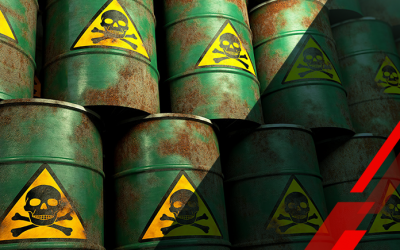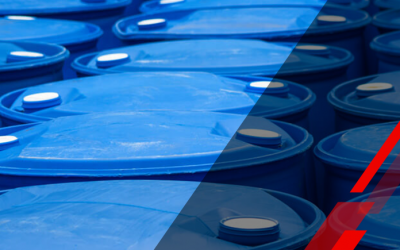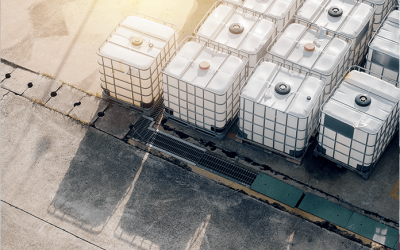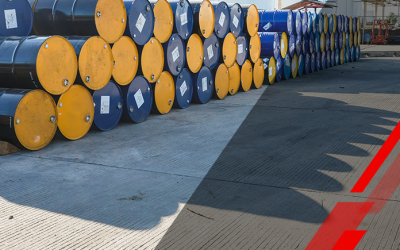Mastering Medical Waste Disposal: Navigating Certificates, Documentation, and Compliance. Don’t overlook legal obligations when disposing medical waste. Learn how proper documentation, certificates of destruction, and compliance can save you from fines and reputation damage.
Service Request
Have waste that requires compliant handling or disposal? Fill out our service form and an MCF Environmental Representative will get back to you quickly with next steps!
Please note we do not provide disposal services for household waste

















